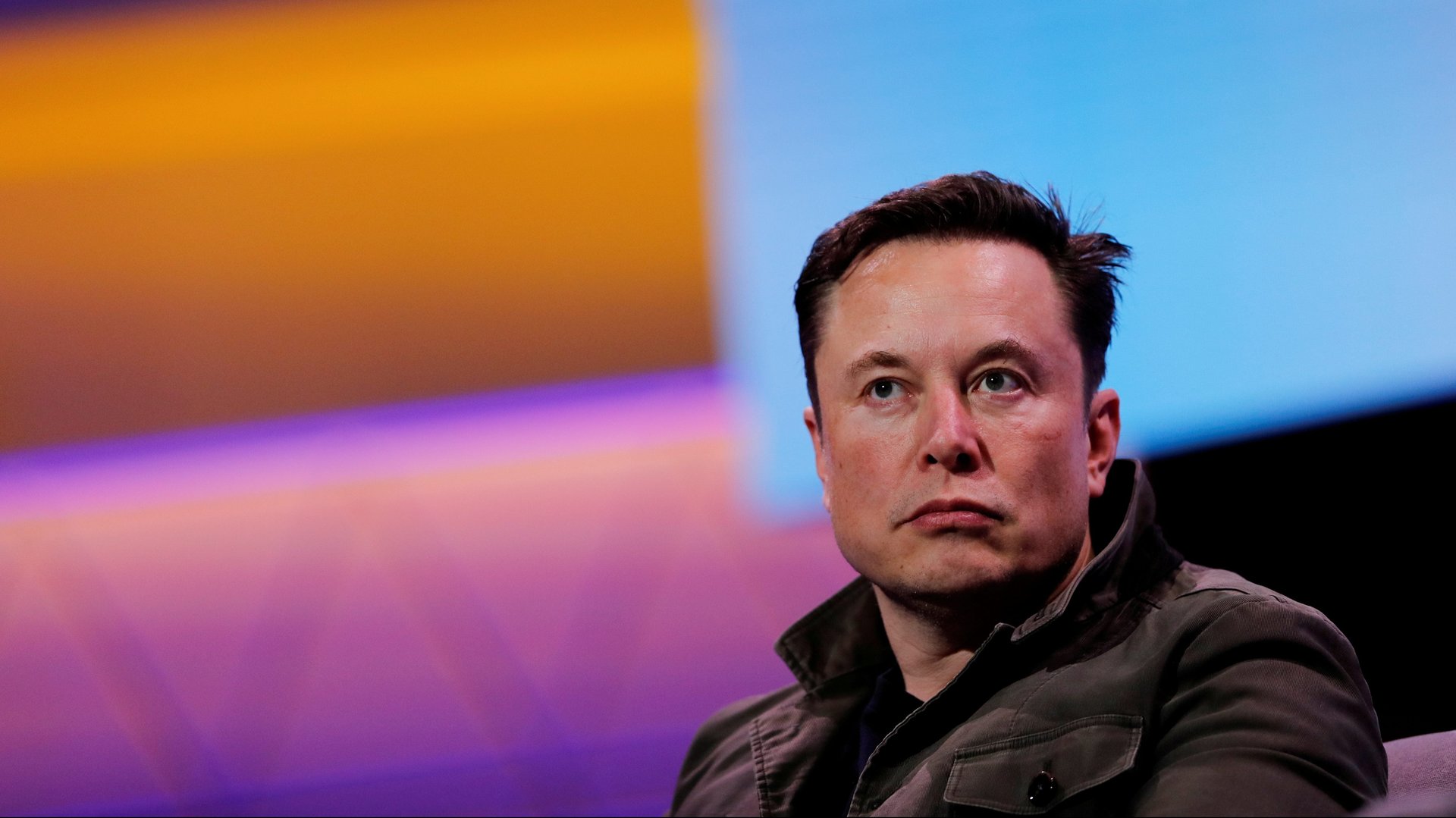Twitter will sue Elon Musk for calling off his $44 billion takeover
Elon Musk regrets his agreement to buy Twitter for $44 billion. And now, he’s officially trying to get out of the deal.


Elon Musk regrets his agreement to buy Twitter for $44 billion. And now, he’s officially trying to get out of the deal.
In a letter to Twitter (pdf) on July 8, filed with the US Securities and Exchange Commission (SEC), Musk’s lawyers said that Musk is terminating the takeover agreement with Twitter because, they allege, Twitter made “false and misleading” statements about its user data.
Musk, who agreed to buy Twitter on April 25, has since expressed concern with what percentage of Twitter’s monetizable daily active users (mDAU), a metric reported quarterly to the SEC, are non-human—whether bots, automated, or spam accounts.
However, this is a concern that Musk should have quelled before he signed a binding agreement to buy Twitter. He’s set to have an uphill battle in court as Twitter will soon sue to force the completion of the deal.
What Musk’s new letter says
Musk claims that Twitter “made false and misleading representations” about user data on the platform, ignoring his repeated requests for data about spam accounts and giving him “incomplete or unusable information.”
But the takeover agreement didn’t mention anything about spam accounts. In early June, Musk’s lawyers introduced a new legal strategy. Recognizing that the bot issue alone probably would not get Musk out of the deal, Musk’s lawyers claimed that Twitter did not give Musk the requisite information he needed to complete his debt financing agreements—a facet that could have, if it were true, allowed Musk to walk. So, Twitter gave him access to its “firehose,” a stream of tweets and metadata about them that encompasses the 500 million tweets per day, according to The Washington Post.
One month later, the new letter barely mentions his debt financing at all. It claims briefly that Musk requested financial materials on June 17 and Twitter has only provided some of what was requested, but does not show how that prevents him from getting the loans necessary to complete the takeover. (It also says the data Twitter gave Musk was “unusable.”)
Today’s letter focuses on the original discrepancy about bots—not whether Musk could secure his loans or not. “Preliminary analysis by Mr. Musk’s advisors of the information provided by Twitter to date causes Mr. Musk to strongly believe that the proportion of false and spam accounts included in the reported mDAU count is wildly higher than 5%,” Musk’s lawyers wrote. In prior SEC filings, Twitter has claimed that the percentage of its mDAU that are non-human is likely under 5% but carefully caveated that the company’s estimations “could be higher than we have estimated.”
“He’s claiming that false reports of spam on the platform threaten to become a ‘material adverse effect’—which would be grounds to walk away—but that’s a legal standard that would require a demonstration of a long-term, significant impact on Twitter’s earnings power, and so far he’s not provided any facts to demonstrate such an effect exists,” said Ann Lipton, a Tulane Law professor, in an email.
In the letter, Musk also took issue with the departure of multiple executives and a hiring freeze at Twitter ahead of the deal completion, asserting that the company needed to “seek and obtain consent” from Musk not only before laying off staff and instituting a hiring freeze, but also before certain executives resigned. It’s unclear how Twitter could have gotten Musk’s permission for its own employees to quit.
“His final claim is that Twitter did not conduct itself in the ordinary course of business (which was another of Twitter’s contractual obligations) because it fired a few executives and canceled some offers,” Lipton said, “but I would be surprised if some minor personnel changes in response to an economic downturn constitute a departure from the ordinary course of business from a contractual standpoint.”
Musk can’t easily get out of the deal
Not only did Musk sign an agreement to buy Twitter, but per the contract, Twitter has the right to sue for “specific performance”—which means, they can go to court to compel Musk to complete the deal.
In a tweet late Friday, Twitter board chair Bret Taylor said that Twitter will go to court to enforce the deal. “The Twitter Board is committed to closing the transaction on the price and terms agreed upon with Mr. Musk and plans to pursue legal action to enforce the merger agreement,” Taylor wrote. “We are confident we will prevail in the Delaware Court of Chancery.”
Update (July 11, 2022): In a reply to Musk’s lawyers, Twitter’s lawyers asserted that the deal with Musk is not, in fact, terminated, and that the company will seek to complete the merger.
That Musk would try to terminate the deal is no surprise to anyone who has watched Musk squirm in the months since he agreed to buy the company. Whether this about-face is due to the overall market downturn or a genuine change of heart, it’s not exactly clear.
What is clear is that Twitter seems very confident that it will win in court and Musk will become the owner of a website he simply does not want to own.
“These just don’t appear to be very strong claims, legally,” Lipton said, “but that doesn’t mean he won’t try to drag out a fight.”